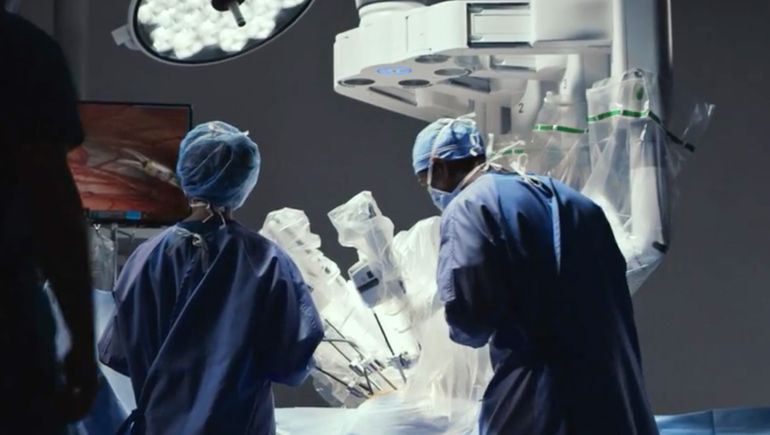Dive Brief:
- Patients are delaying bariatric procedures to try weight-loss drugs, but physicians expect most surgeries to happen at a later date, according to a survey of bariatric surgeons conducted by William Blair.
- The finding suggests that, while the recent weight-loss drug fad could constrain Intuitive Surgical’s growth today, the robotic surgery specialist could receive a sales boost in 2024 as patients reschedule bariatric procedures.
- William Blair’s team came away from the survey encouraged that Intuitive can meet its growth expectations for the next two years, although the negative impact of weight-loss drugs on sales could worsen in the near term.
Dive Insight:
Evidence that medications like Eli Lilly’s Mounjaro and Novo Nordisk’s Wegovy and Ozempic, which are used for diabetes and weight loss, can support significant weight loss is driving reassessments of the growth prospects of multiple niches of the medtech industry, including cardiovascular disease, diabetes and orthopedics. Those reassessments are estimated to have wiped out about $370 billion in medtech market capitalization. Bariatric procedures, such as gastric bypass, that help patients to lose weight could be the most directly affected niche.
Intuitive, which makes robotic surgery devices used in bariatric procedures, provided early evidence of the medications’ effect on the niche in July when it warned new weight-loss drugs were eroding demand for surgery. Last month, the company told investors share gains were driving bariatric growth and predicted interest in surgery would ultimately increase after a short-term, drug-related slowdown.
The William Blair survey supports that position. The analysts surveyed 52 bariatric surgeons to learn how the drugs are affecting surgeries today, and how the trends could play out over the coming years. First, the analysts quantified the pressures on Intuitive today, revealing that 81% of doctors are seeing delays and on average 23% of cases are delayed.
While the situation could get worse for Intuitive — with 48% of physicians predicting more delays in the next three months — the surgeons expect most people to ultimately decide they need surgery. The doctors expect 73% of cases to be rescheduled, typically within 12 months. The forecast is in line with Intuitive’s view that most patients will only take weight-loss drugs for a year or two. Short-term use of the medications could benefit Intuitive if it enables people to lose enough weight to be eligible for surgery.
“Docs suggest a mid to low-single-digit percentage of annual patients do not qualify for surgery due to weight,” the analysts wrote. “For context, we estimate the bariatric market has grown at a mid-single-digit compound annual rate the last decade.”
Informed by the survey results, the analysts concluded that the “consensus for 2024 U.S. procedure growth is achievable, if not beatable, even with continuing noise around weight-loss drugs.” The survey gave the analysts “more comfort around Intuitive’s ability to meet growth expectations in the next two years.”

